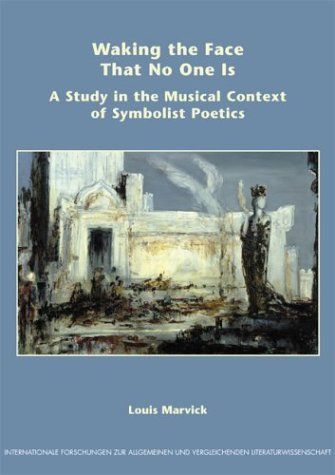
Waking the Face that No One is A Study in the Musical Context of Symbolist Poetics
Poetry and music have seldom been more closely associated than at the end of the nineteenth century, and the texts in which Baudelaire and Wagner, Mallarmé and Scriabin, Maeterlinck and Debussy evoked the reader's and the listener's states of mind are unusually rich in suggestion. Can poetry combine, as music seems to do, the transcendent satisfaction of an all-inclusive viewpoint with the excitement and uncertainty of an unfolding narrative? Can it partake of music's power in order to give a face to the idea, and substitute, without disappointing, a definite variation for the ineffable theme? Symbolist writers intent on achieving musical effects in words looked for ways to overcome the hard division of subjects at the foundation of language, and the strategies they invented, while not always successful, show their supreme expectations concerning the receptive capability of their audience and an unqualified belief in the transforming power of their art. Students of aesthetics, of French and comparative literature should find something of interest in this provocative and original book. For ease of reference, a detailed abstract of the contents is provided, along with English translations of all quotations in other languages.